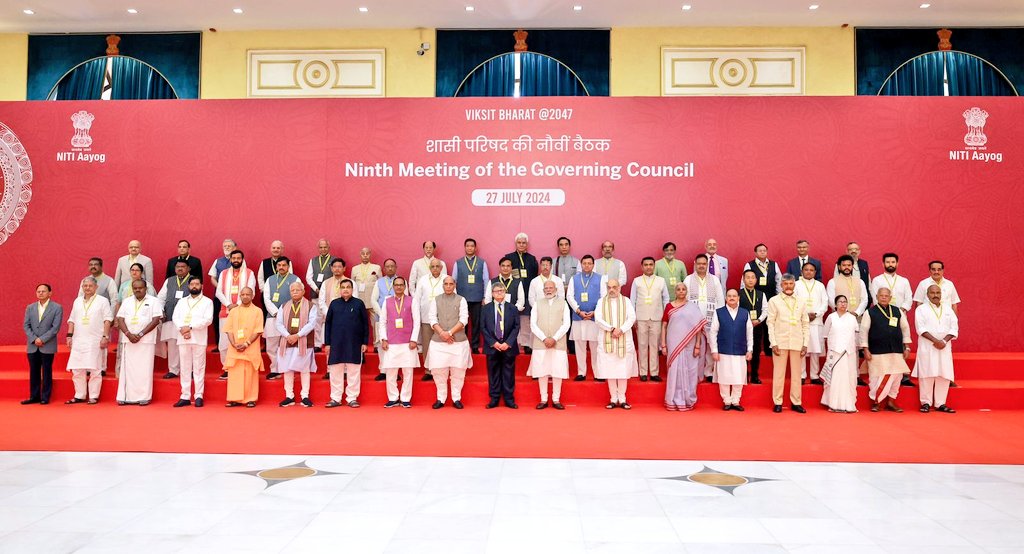

ANSWER:
Introduction: The National Institution for Transforming India (NITI) Aayog, established in 2015, replaced the Planning Commission to better align with the contemporary economic landscape and governance needs. Over the past decade, it has become a pivotal institution in shaping India’s policy framework and fostering cooperative federalism.
Body:
Policy Formulation and Implementation:
Cooperative Federalism:
Innovation and Entrepreneurship:
Sustainable Development:
Conclusion: NITI Aayog has emerged as a dynamic institution, driving India’s development agenda through strategic planning, fostering cooperative and competitive federalism, promoting innovation, and ensuring sustainable development. Its role in shaping policies and engaging with states has made it a cornerstone of India’s governance framework in the last decade.